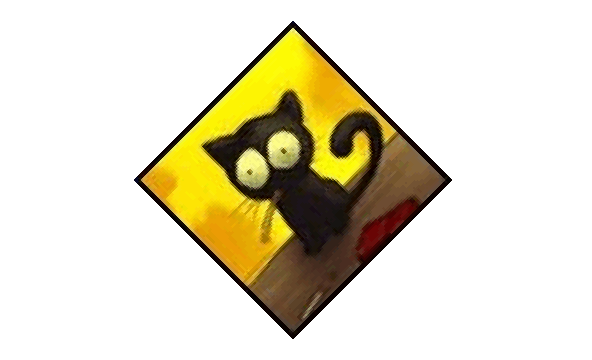Working with Images in PostScript | .NET
Add Image in PS Document
Aspose.Page for .NET library offers two methods for adding images to PS document:
- for opaque images;
- for transparent images;
It was made because PostScript doesn’t support transparency, but translucent images, however, can be rendered as a set of fully transparent and fully opaque pixels. Such images are called masks. If we want to see the translucent image in the PS document as mask, that will better reflect the transparency of the image, we should do some checking and preprocessing of such an image.
The check and the preprocessing require time. Therefore, if someone’s sure that the image is fully opaque, it is better to use the first method, because it saves execution time.
The second method recognizes whether the image is fully opaque or fully transparent or translucent. If it is fully opaque it is added as the opaque image in the first method, if it is fully transparent it is not added to the document at all, if it is the translucent image it is added as a PostScript image mask.
In the example below we demonstrate how to add a fully opaque image. Adding a transparent image will be demonstrated in the “Working with Transparency” article.
In order to add an image to a new PsDocument with Aspose.Page for .NET library in this example we take the following steps:
- Create an output stream for the resulting PS file.
- Create PsSaveOptions object with default options.
- Create a 1-paged PsDocument with an already created output stream and save options.
- Create a new graphics state.
- Create System.Drawing.Bitmap from image file.
- Create the necessary transformation for the image.
- Add the image to the PsDocument object.
- Exit from the current graphics state to upper level one.
- Close the page.
- Save the document.
1//Create an output stream for PostScript document
2using (Stream outPsStream = new FileStream(dataDir + "AddImage_outPS.ps", FileMode.Create))
3{
4 //Create save options with A4 size
5 PsSaveOptions options = new PsSaveOptions();
6
7 // Create new 1-paged PS Document
8 PsDocument document = new PsDocument(outPsStream, options, false);
9
10
11 document.WriteGraphicsSave();
12 document.Translate(100, 100);
13
14 //Create a Bitmap object from image file
15 using (Bitmap image = new Bitmap(dataDir + "TestImage Format24bppRgb.jpg"))
16 {
17 //Create image transform
18 Matrix transform = new Matrix();
19 transform.Translate(35, 300);
20 transform.Scale(3, 3);
21 transform.Rotate(-45);
22
23 //Add the image to document
24 document.DrawImage(image, transform, Color.Empty);
25 }
26
27 document.WriteGraphicsRestore();
28
29 //Close current page
30 document.ClosePage();
31
32 //Save the document
33 document.Save();
34}For Linux, MacOS and other non-Windows operation systems we offer to use our Aspose.Page.Drawing Nuget package. It uses Aspose.Drawing backend instead of System.Drawing system library.
So import Aspose.Page.Drawing namespace instead of System.Drawing one. In the above code snippet Aspose.Page.Drawing.Bitmap will be used instead of System.Drawing.Bitmap, Aspose.Page.Drawing.Drawing2D.Matrix will be used instead of System.Drawing.Drawing2D.Matrix and so on. Our code examples on GitHub contain all the necessary substitutions.
See working with images in PS documents in Java.
The result of running this code is appeared as

You can download examples and data files from GitHub.